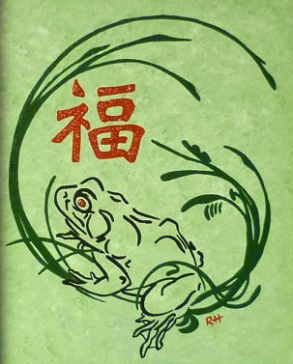
SUNFLOWER SUTRA (Excerpt)
by Allen Ginsberg
I walked on the banks of the tincan banana dock and sat down under the huge shade of a Southern Pacific locomotive to look at the sunset over the box house hills and cry.
Jack Kerouac sat beside me on a busted rusty iron pole, companion, we thought the same thoughts of the soul, bleak and blue and sad-eyed, surrounded by the gnarled steel roots of trees of machinery.
The oily water on the river mirrored the red sky, sun sank on top of final Frisco peaks, no fish in that stream, no hermit in those mounts, just ourselves rheumy-eyed and hung-over like old bums on the riverbank, tired and wily.
Look at the Sunflower, he said, there was a dead gray shadow against the sky, big as a man, sitting dry on top of a pile of ancient sawdust—
—I rushed up enchanted—it was my first sunflower, memories of Blake—my visions—Harlem . . .
MORE: Read “Sunflower Sutra” by Alllen Ginsberg in its entirety at poetryfoundation.org.
SOURCE: “Sunflower Sutra” appears in Allen Ginsberg‘s Collected Poems, 1947-1980 (HarperCollins, 1984), available at Amazon.com.
IMAGE: “Sunshine Railroad” by Emily Stauring. Prints available at fineartamerica.com.
ABOUT THE AUTHOR: Allen Ginsberg (1926–1997) was an American poet and one of the leading figures of the Beat Generation of the 1950s. He is best known for his epic poem “Howl” (1955).











